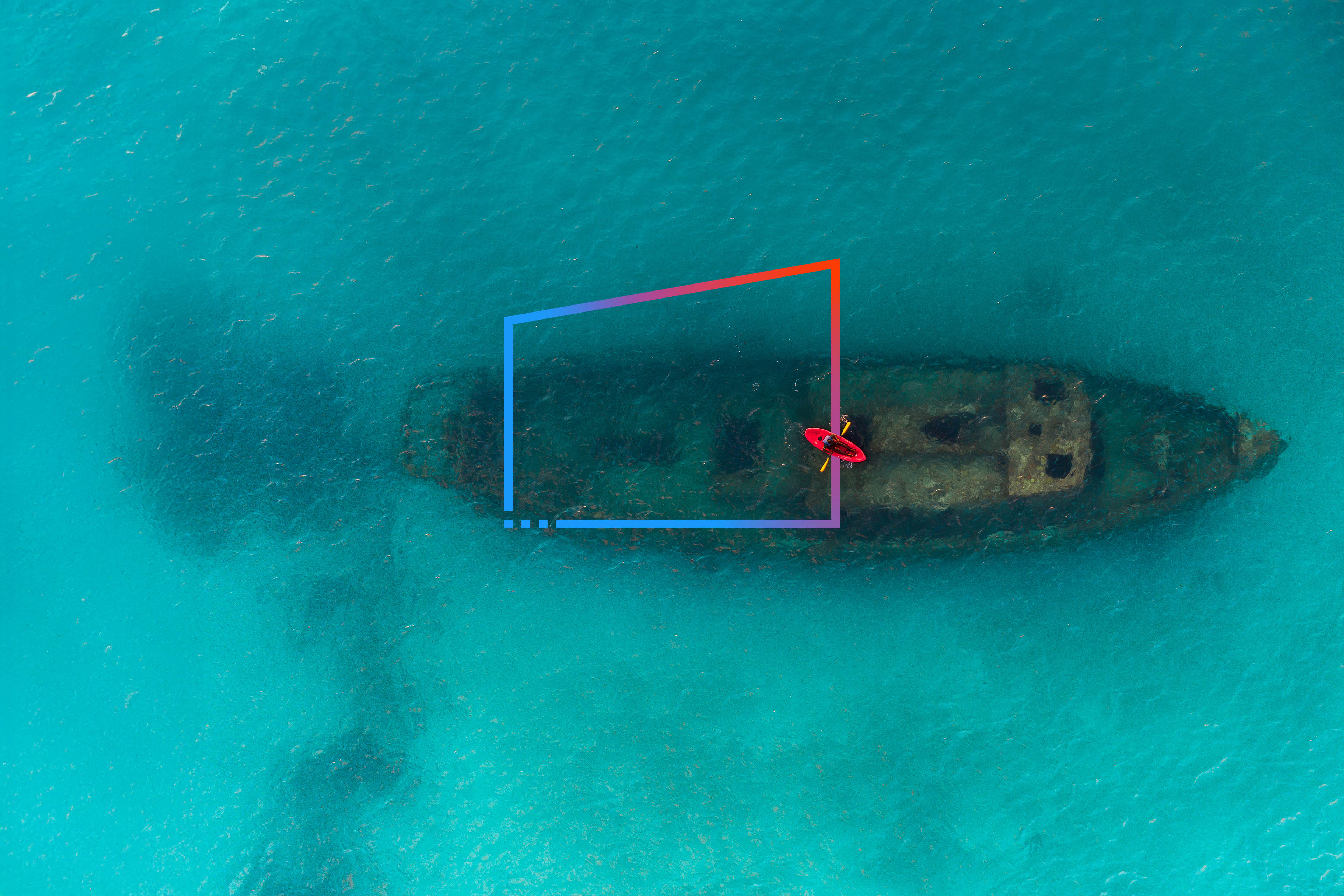EY refers to the global organization, and may refer to one or more, of the member firms of Ernst & Young Global Limited, each of which is a separate legal entity. Ernst & Young Global Limited, a UK company limited by guarantee, does not provide services to clients.
Amendments to Competition Law
The Government Emergency Ordinance no. 108/2023 amending and supplementing Competition Law no. 21/1996 (“Competition Law”), as well as other normative acts (“GEO 108/2023”), was adopted on November 29, 2023, and came into force on 6 December 2023.
GEO 108/2023 was adopted with the purpose of transposing into domestic legislation Directive (EU) 2019/1 of the European Parliament and of the Council of December 11, 2018, concerning the provision of tools to competition authorities in the Member States to make them more effective in enforcing the law and ensuring the proper functioning of the internal market. This European directive should have been transposed since 2021.
At the same time, GEO 108/2023 also amends the legal framework applicable to the examination of foreign direct investments in Romania. For further details, please refer to Legal Bulletin: Legal Alert - Amendments to the FDI regime in Romania (ey.com).
The following is a summary of the main legislative changes introduced to the Competition Law:
Competition compliance for public authorities and institution
According to GEO 108/2023, the actions or inactions of public authorities and institutions, as well as entities to which they delegate their responsibilities, that could restrict, impede, or distort competition, such as limiting trade freedom or business autonomy, and establishing discriminatory conditions for business activities, are prohibited.
The Competition Council is responsible for identifying violations and may impose measures on public authorities and institutions to restore a competitive environment. In case of non-compliance, the Competition Council may initiate administrative litigation at the Bucharest Court of Appeal, seeking the annulment of the act that led to the restriction of competition and the imposition of specific actions, such as compelling the relevant authority or institution to issue an administrative act or perform a specific administrative operation.
Inspections at the request of the Government
According to GEO 108/2023 the Government may request the Competition Council to carry out case analyses on a specific market considered to have elements which potentially distort competition.
Therefore, the Competition Council may carry out raids even outside a formal investigation whether there are clues that documents or information essential to the fulfilment of the competition authority's mission may be obtained. As in the case of investigations, such raids are carried out based on the order of the Competition Council and the prior court authorization.
Minutes of the Competition Council become executory titles
The minutes of the Competition Council imposing fines or establishing authorization fees constitute enforceable titles without any further formality, within 15 days from the date of communication.
Enhanced inspection powers of the Competition Council
GEO 108/2023 broadens the scope of admissible evidence, consolidating the inspection powers of the Competition Council. The following are considered admissible: writings, oral statements, electronic messages, recordings, and any other object containing information, regardless of the form and the type of medium on which they are stored (e.g., in the cloud).
Upon judicial authorization of an unannounced inspection at the premises of a business or association of businesses, even personal devices used under the company's policy and in the interest of the service identified during the inspection can be inspected.
GEO 108/2023 also introduces a significant change in the investigation procedure, allowing announced inspections to be carried out at the premises of companies with their exclusive consent on the basis of the order of the President of the Competition Council, without the need for prior judicial authorization.
Limitations to the attorney-client legal privilege
An undertaking seeking protection for its communication with legal counsel must provide the competition inspectors with a suitable justification and relevant elements. This justification must be consistent with the arguments put forth, without the necessity of disclosing the actual content of the communication.
During the inspection, competition inspectors have the right to examine the presented justification. If they believe that the undertaking has not adequately supported its request to protect the document under attorney-client privilege, competition inspectors have the right to immediately read the content of the communication with legal counsel and make a copy thereof. In case they cannot reach a conclusion regarding the protected nature, the documents will be seized, and the decision on the request to protect the communication will be made by the President of the Competition Council. This decision can be challenged in administrative litigation at the Bucharest Court of Appeal within 15 days from the date of communication.
Exception to the principle of personal liability
GEO 108/2023 stipulates that, in determining the maximum amount of the fine, the worldwide turnover of all natural and legal persons constituting a single economic entity will be taken into account, as defined and applied by the case law of the Court of Justice of the European Union.
Thus, individuals who are part of the economic entity are personally and jointly liable with the other legal persons constituting the said economic entity for the payment of the fine imposed for the committed violation.
The enforcement of the penalty may prioritize the assets in Romania belonging to the responsible economic entity, without conditioning the completion of the enforcement procedure on the declaration of insolvency of the initially targeted entity.
GEO 108/2023 introduces an exception to the principle of personal liability, applying the criteria of economic continuity and legal continuity, in accordance with the definitions in the case law of the Court of Justice of the European Union.
Leniency policy
By GEO 108/2023, the essential elements of the leniency policy become expressly regulated by the Competition Law and not only by the secondary legislation while the procedure for applying this policy is going to be regulated by instructions.
For additional information, please contact:
|



